
US economic recovery expected to take 2 years
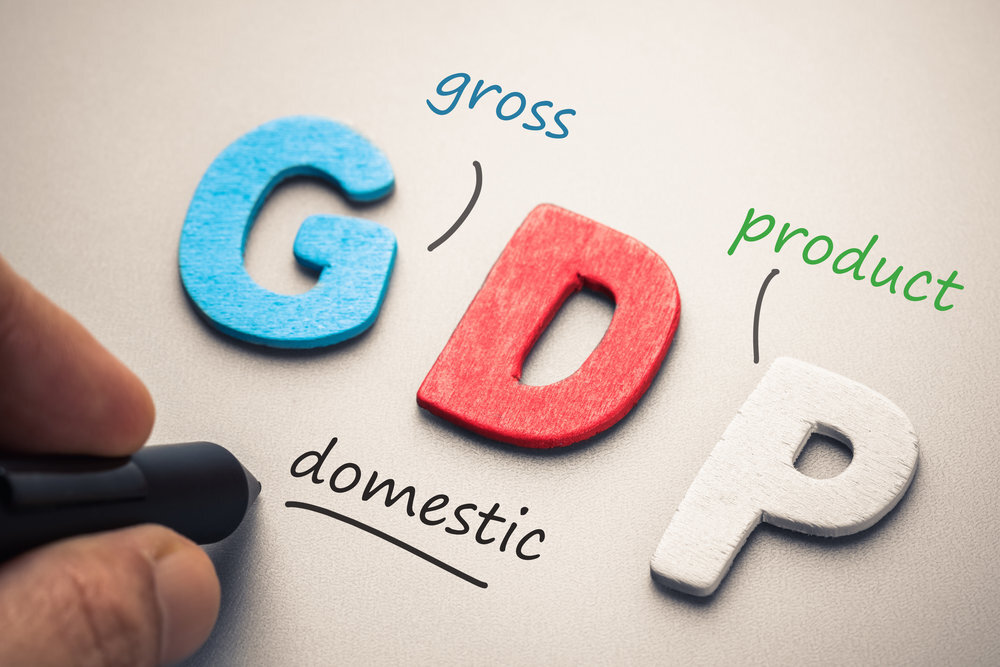
At the end of 2020, we still will have not recovered from the depth of the second quarter decline," US bank Citi managing director Catherine Mann said today, presenting an outlook on behalf of the American Bankers Association's economic advisory committee of chief economists at US banks.
The speed of the US recovery will be a key factor in the global oil demand outlook.
The committee expects the US economy to decline by 5.7pc this year, followed by a 4.5pc increase next year. The committee expects US GDP to recover to pre-2020 levels no sooner than the second quarter of 2022. The unemployment rate is projected to be around 10pc at the end of the year, from a projected second quarter high of 16pc.
"What we see on GDP is bad enough, but the situation for consumption and investment is worse," Mann said. Consumer confidence remains slow, dragging spending in the category that accounts for 70pc of US GDP. "Consumer spending may be constrained for some time, with consumers unsure about job security and pay."
And consumer behavior during coming months remains unpredictable: "How long will it take before most people feel safe enough to visit stores, restaurants and movie theaters?" Mann wondered.
Business investment is also expected to recover slowly, Mann said, noting that "businesses will be in a ‘wait and see' mode, trailing the consumer."
The economists' committee expects business investment to continue declining in the third quarter even though consumer spending is expected to begin to recover, helping to push GDP growth into positive territory in that three-month period.
Uncertainty over the US administration's trade policy and another cycle of escalation in relations with China is a factor behind suppressing investment growth. "It is certainly a concern that a resumption of tensions certainly would create an additional headwind for the economy," Mann said.
The ongoing trade war with China was expected to shave 1.6 percentage points off US investment growth for 2020 even before the latest escalation in tensions between the two countries, according to research released yesterday by the Federal Reserve Bank of New York.
"The adverse impacts of the trade war have not only affected firms that trade with China as US multinationals have likely been affected as well through their subsidiaries," the New York Fed researchers said.
The US administration's likely move to remove Hong Kong's special customs treatment is also on the radar of US bank economists. The committee does not expect a direct effect given the relatively small volume of US trade with China's special autonomous region and the fact that "Hong Kong is no longer a major transshipment point for value-added," Mann said.
But removing Hong Kong's special treatment under US trade and investment laws would add to the momentum of similar moves contemplated against companies in mainland China, Mann said.
Bills under discussion in Congress, with encouragement from the White House, aim to make it harder for Chinese companies to float equities on US stock exchanges and further restrict their investment opportunities in the US.


Gold price eases after Trump downplays clash with Fed chair Powell

Copper price hits new record as tariff deadline looms
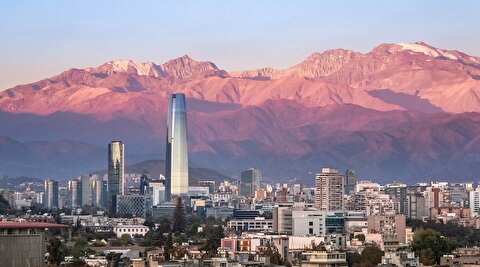
Chile’s 2025 vote puts mining sector’s future on the line
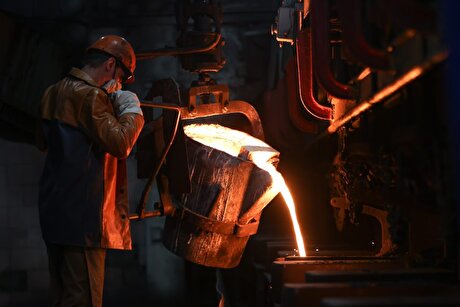
Brazil producers look to halt pig iron output as US tariff threat crimps demand

Gold price could hit $4,000 by year-end, says Fidelity

Three workers rescued after 60 hours trapped in Canada mine

US targets mine waste to boost local critical minerals supply
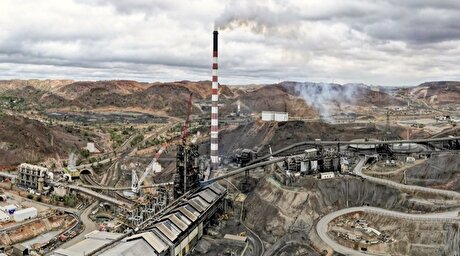
Glencore workers brace for layoffs on looming Mount Isa shutdown

Column: EU’s pledge for $250 billion of US energy imports is delusional
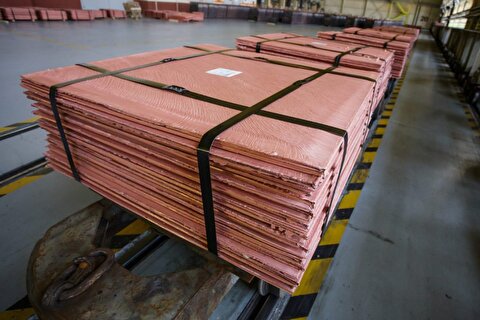
Trump tariff surprise triggers implosion of massive copper trade

Maxus expands land holdings at Quarry antimony project in British Columbia

BHP, Vale accused of ‘cheating’ UK law firm out of $1.7 billion in fees
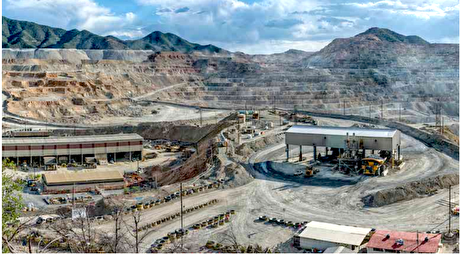
Southern Copper eyes $10.2B Mexico investment pending talks

American Tungsten gets site remediation plan approved for Ima mine in Idaho

Kinross divests entire 12% stake in Yukon-focused White Gold

Gold price could hit $4,000 by year-end, says Fidelity

Southern Copper expects turmoil from US-China trade war to hit copper

Ramaco Resources secures five year permit for Brook rare earth mine in Wyoming

Column: EU’s pledge for $250 billion of US energy imports is delusional

Trump tariff surprise triggers implosion of massive copper trade

Maxus expands land holdings at Quarry antimony project in British Columbia

BHP, Vale accused of ‘cheating’ UK law firm out of $1.7 billion in fees

Southern Copper eyes $10.2B Mexico investment pending talks

American Tungsten gets site remediation plan approved for Ima mine in Idaho

Kinross divests entire 12% stake in Yukon-focused White Gold

Gold price could hit $4,000 by year-end, says Fidelity

Southern Copper expects turmoil from US-China trade war to hit copper

Ramaco Resources secures five year permit for Brook rare earth mine in Wyoming














